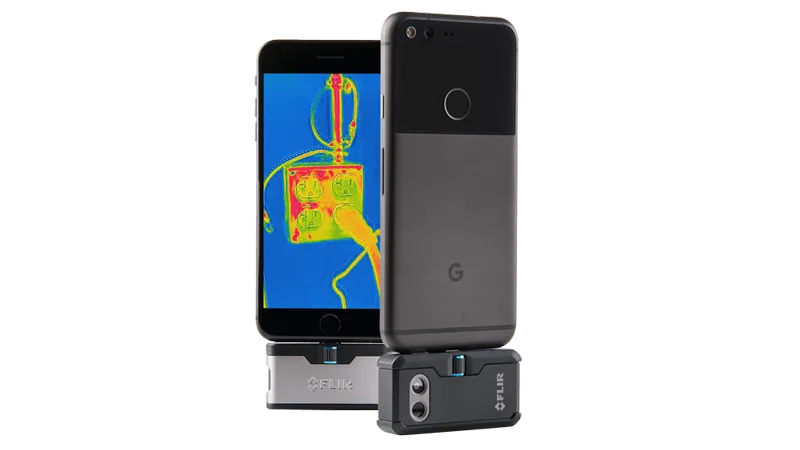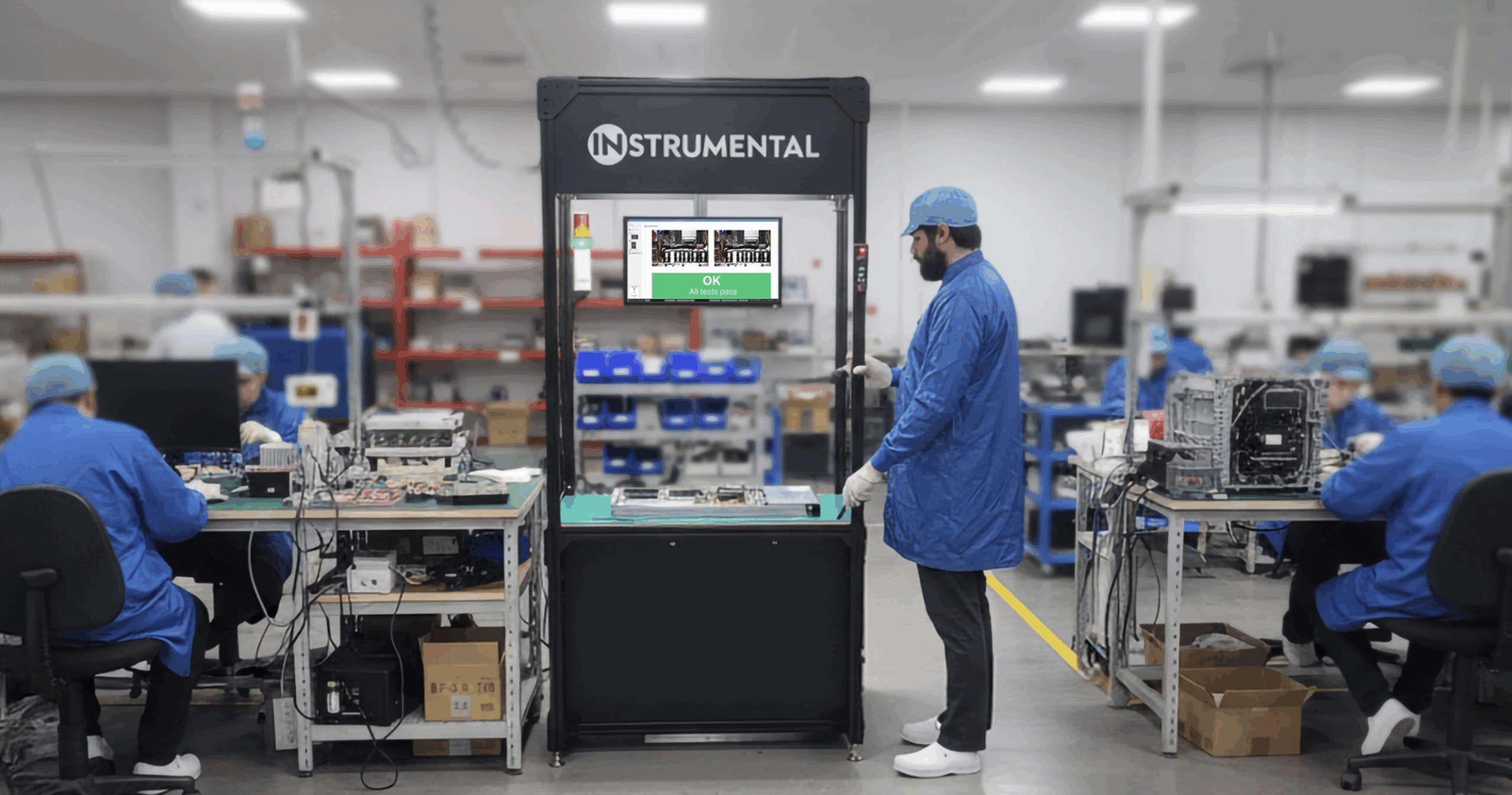Instrumental is a collection of technologies that enable engineering and manufacturing teams to find and fix issues throughout their supply chains from anywhere in the world. Our technology has been battle-tested on over 50 programs, can be deployed without travel in a few short weeks, and starts providing value on Day 1. Instrumental was founded with a vision for the future of manufacturing: that leveraging data would enable optimization in real-time throughout the supply chain, leading to efficiency gains that would reduce trillions of dollars of waste. In 2020, we need that future a lot sooner than anticipated. The problems created by COVID-19 necessitate innovation and Instrumental is here to help. The following use case illustrates how FLIR leveraged Instrumental during development and ramp to find and fix issues without factory travel.
“Without the immediate data collection and subsequent analysis, we would not have found and solved the issues on time. Some of the issues we may never have found.” — MARCEL TREMBLAY, DIRECTOR OF MECHANICAL ENGINEERING AT FLIR
Problem
FLIR’s Santa Barbara team developed the FLIR ONE and FLIR ONE Pro with a factory partner that had limited experience in final-product assembly – creating a potential risk for product quality. Given the FLIR ONE is a piece of metrology equipment that FLIR’s customers rely on for accuracy, ensuring high quality without co-locating a team in China was a top concern.
Solution
The FLIR team had used Instrumental during development to identify the stages of assembly most prone to workmanship issues. As ramp began, the Santa Barbara team voraciously consumed the data stream Instrumental provided to identify and intercept issues as they happened, preventing quality issues from escaping to their customers. In one example, they used Instrumental to monitor contamination on optical surfaces for their specialized cameras and directed the factory to retrain operators when lenses weren’t clean. In another, they discovered that a critical set of screws securing the adaptable connector were sometimes not fully inserted. The FLIR team was not only able to intercept these issues and ensure they were reworked, they were able to monitor workmanship defect rates over time. Workmanship issues are notoriously difficult to prevent, so Instrumental ensured those bad units didn’t continue down the line and to customers.

Result
During the critical ramp phase for the FLIR ONE, Instrumental enabled the team to discover and fix issues on their assembly lines from Santa Barbara without travel. Using Instrumental’s images, they were able to quickly and easily communicate the issues they were finding and the next steps to their factory counterparts. By working better together, they prevented quality escapes while keeping throughput high.
Interested in accelerating development and controlling production from anywhere? Contact us here.
Related Topics



